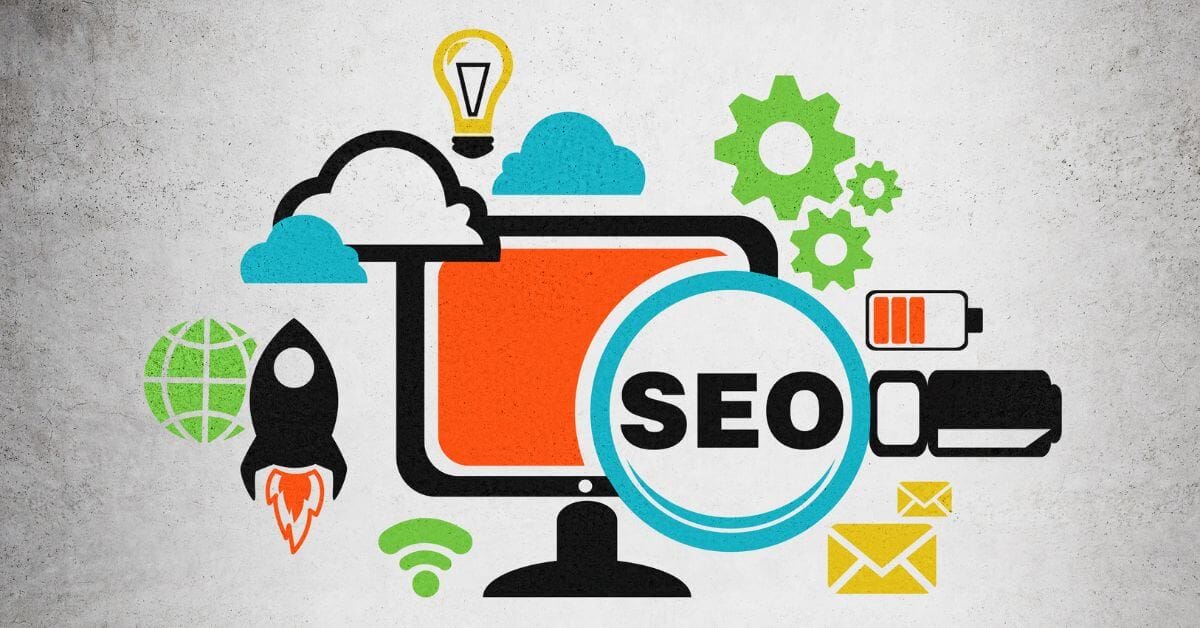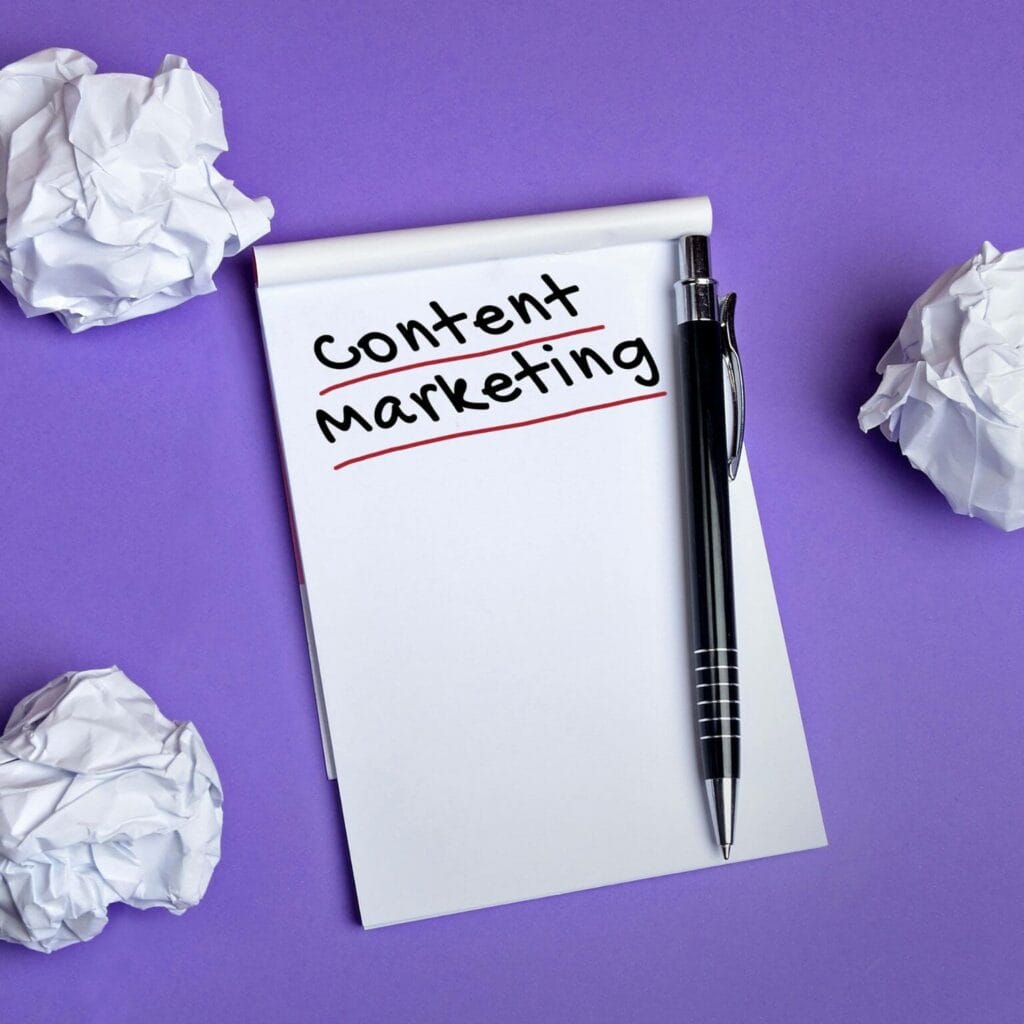In today’s fast-paced digital world, marketing automation has become a key strategy for both B2B and B2C companies looking to streamline their marketing efforts, improve conversion rates, and ultimately drive more sales.
By using tools and platforms that automate repetitive tasks such as email campaigns, lead nurturing, and customer segmentation, businesses can create personalized experiences for their customers that lead to higher engagement and loyalty.
In this article, we will explore 15 ultimate marketing automation examples that showcase how businesses can leverage automation to enhance their marketing strategies.
From creating relevant content to guiding customers through the sales funnel, these examples will demonstrate the power of marketing automation in driving success for both B2B and B2C companies.
Whether you’re looking to increase customer retention, target specific accounts with personalized messaging, or optimize your email marketing campaigns, these examples will provide you with inspiration and ideas to take your marketing automation efforts to the next level.
Lead Scoring and Segmentation
B2B companies can use marketing automation tools to score leads based on their behavior and segment them into different categories.
This allows sales teams to prioritize leads that are most likely to convert and tailor their messaging accordingly.
Email Marketing Automation
Both B2B and B2C companies can benefit from automating their email marketing campaigns.
By sending targeted emails based on customer actions, businesses can increase engagement and drive conversions.
Personalized Product Recommendations
B2C companies can use marketing automation software to recommend products based on customers’ previous purchases or browsing behavior.
This personalized approach helps to increase sales by providing customers with relevant recommendations.
Abandoned Cart Emails
B2C businesses can use marketing automation to send automated emails to customers who have abandoned their shopping carts.
These reminders can help to recover lost sales and encourage customers to complete their purchases.
Social Media Automation
Marketing automation tools can be used to schedule and publish social media posts, engage with followers, and track social media performance.
This helps businesses maintain a consistent presence on social media platforms and reach a wider audience.
Customer Journey Mapping
By using marketing automation platforms to map out the customer journey, businesses can better understand how customers interact with their brands at each stage of the buying process.
This insight allows companies to create targeted campaigns that guide customers through the sales funnel and ultimately drive conversions.
Account-Based Marketing
B2B companies can use marketing automation to target specific accounts with personalized messaging and content.
By creating customized campaigns for key accounts, businesses can increase their chances of winning high-value deals.
Event Promotion Automation
Whether it’s a virtual event or an in-person conference, marketing automation can help businesses promote their events to a targeted audience and track registration and attendance.
This ensures that businesses get the most out of their event marketing efforts.
Customer Feedback Surveys
B2C companies can use marketing automation to send automated customer feedback surveys after a purchase or interaction.
This helps businesses gather valuable insights from customers and improve their products or services based on feedback.
Special Offers and Promotions
By leveraging marketing automation, businesses can create targeted campaigns to promote special offers and discounts to both existing and potential customers.
Sales and customer loyalty can be boosted by this.
Lead Nurturing Campaigns
Marketing automation allows businesses to create automated lead-nurturing campaigns that provide valuable content to prospects at each stage of the buying process.
This helps build relationships with potential customers and increase conversion rates.
Customer Retention Programs
B2C companies can use marketing automation to implement customer retention programs that reward loyal customers with exclusive offers or discounts.
This can help businesses retain customers and increase lifetime value.
A/B Testing for Campaign Optimization
Marketing automation platforms offer A/B testing capabilities that allow businesses to test different elements of their campaigns, such as subject lines, content, and calls to action.
By analyzing the results of these tests, businesses can optimize their campaigns for better performance and higher engagement.
Lead Scoring and Segmentation
Marketing automation solutions can help businesses score leads based on their interactions with the brand and segment them into different categories.
This allows companies to prioritize high-quality leads and tailor their marketing efforts accordingly.
Integration with CRM Systems
By integrating marketing automation platforms with customer relationship management (CRM) systems, businesses can ensure seamless communication between marketing and sales teams.
This integration allows for better tracking of leads, improved lead nurturing, and increased collaboration between teams.
Utilize Sweedly Agency for Marketing Automation Service
Sweedly is a leading provider of marketing automation services that can help businesses streamline their marketing efforts and achieve greater success in both B2B and B2C environments.
With a team of experienced professionals, Sweedly offers a range of solutions to automate various aspects of your marketing strategy.
From email campaigns to customer journey mapping, Sweedly can assist you in implementing marketing automation tools that will drive engagement, conversions, and customer loyalty.
By leveraging their expertise in marketing automation software, Sweedly can help you create personalized campaigns, track customer actions, and deliver relevant content to your target audience.
Whether you are a B2B or B2C business looking to improve your marketing strategies, Sweedly Agency can provide the support and guidance you need to succeed.
Contact us today to learn more about how they can help take your marketing automation efforts to the next level.
Conclusion
In conclusion, implementing marketing automation strategies can benefit both B2B and B2C businesses in numerous ways.
From email campaigns and relevant content creation to customer journey mapping and lead nurturing campaigns, marketing automation tools have the power to streamline processes, increase efficiency, and drive success.
By utilizing marketing automation software, businesses can create personalized experiences for their customers, target high-value accounts, promote events effectively, gather valuable feedback, and optimize campaigns for better results.
With the right strategies in place, businesses can see significant improvements in their marketing efforts and ultimately achieve their goals more effectively.
Uncover the Depths of Marketing
Interested in delving deeper into the multifaceted world of Marketing? Here are some compelling topics to explore:
- 20 Ultimate Benefits of Search Engine Optimization for Small Businesses
- 15 Powerful SEO Article Writing Tips for Online Success in 2024
- The Benefits of Local SEO for Service-Based Industries
FAQs Related to Marketing Automation Examples for B2B and B2C
Marketing automation is the use of software and technology to automate repetitive marketing tasks, such as sending emails, posting on social media, and analyzing customer data. It allows businesses to streamline their marketing efforts, save time, and increase efficiency.
Marketing automation can benefit your business in several ways, including improving lead generation and nurturing, increasing customer engagement, personalizing customer experiences, optimizing campaigns for better results, and integrating CRM systems for improved communication between teams.
When choosing a marketing automation platform for your business, consider factors such as your budget, the features you need (such as email marketing automation, lead scoring, and CRM integration), ease of use, scalability, and customer support. It’s also important to consider whether the platform is suitable for B2B or B2C marketing, depending on your target audience. Research different platforms read reviews, and request demos to find the best fit for your business.
To measure the success of your marketing automation campaigns, track metrics such as open rates, click-through rates, conversion rates, lead quality, customer retention rates, and ROI. Use A/B testing to optimize your campaigns for better results and analyze data regularly to make informed decisions about future strategies.
SEO is crucial in web design as it helps improve a website’s visibility and ranking on search engines like Google. By optimizing your website for relevant keywords, creating quality content, and building backlinks, you can attract more organic traffic and potential customers to your site. This can ultimately lead to increased brand awareness, credibility, and conversions for your web design business.






